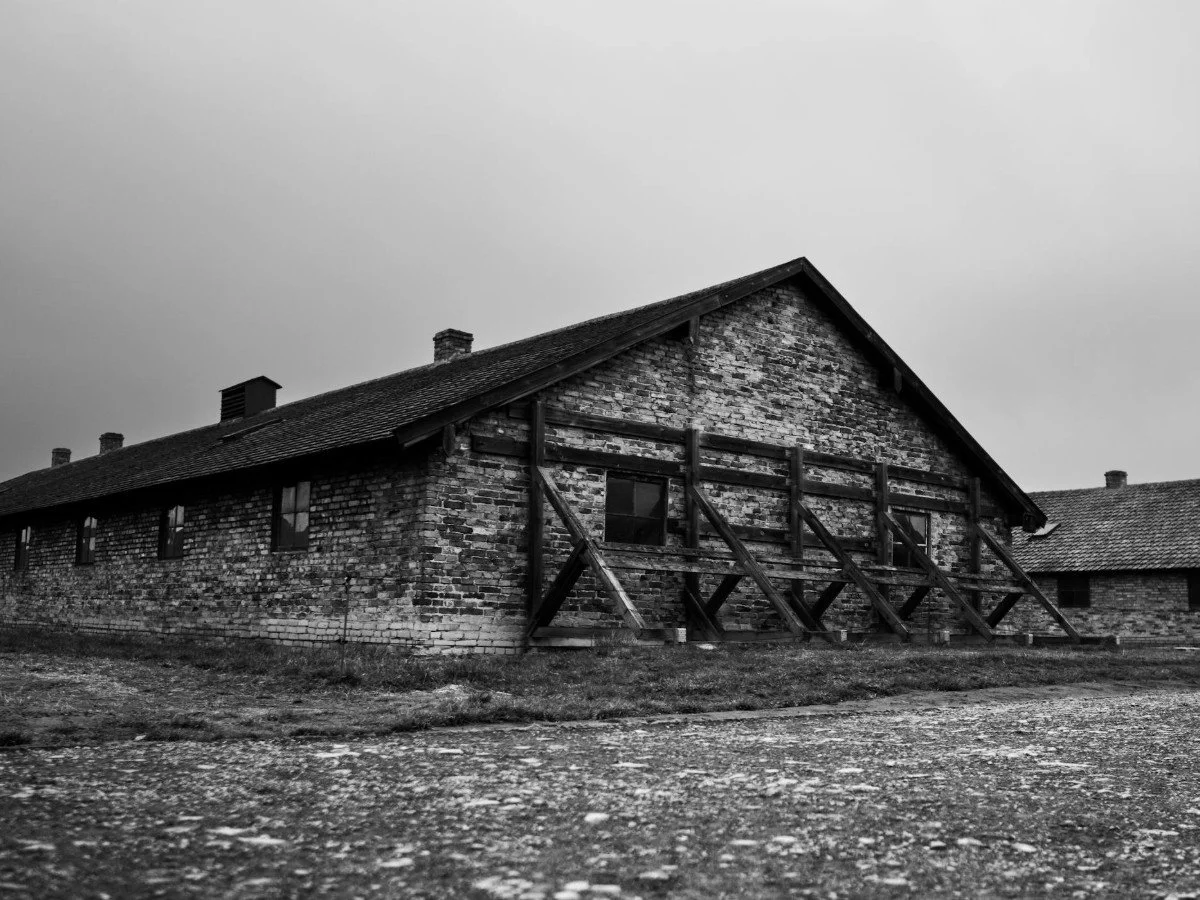A Life of Purpose: Reflecting on Margarete Sommer's Enduring Example
Hello friends, I hope your summer has been fantastic so far! You may not know this, but June 30th marked the feast day of a truly remarkable woman, Margarete Sommer. I'm so excited to share a bit about her incredible life, which is also featured in my book, Important Catholic Women of the 20th Century. It feels especially timely to celebrate her, as I'm thrilled to share that the book was recently recognized by the Catholic Media Association as one of the top non-fiction Catholic books published in 2024!
Margarete Sommer was a German Catholic who dedicated her life to serving others, including courageously serving Jewish people during the persecutions of the Nazi regime. Her story spoke to me immediately when I learned about her. You see, despite a lifetime spent serving others, especially Jewish people both during and after World War II, she was always haunted by the feeling that she should have done more. She articulated this struggle well, “The difficulty of this work lies in the fact that those affected are psychologically deeply depressed because of the hopelessness of the efforts (to help them).” She truly embodied what it means to be a "guardian angel" to those in need, while struggling with her own feelings of depression and discouragement. Who hasn’t felt like that at times??
Born in 1893 near Berlin, Germany, Margarete grew up in a Catholic family. During World War I, she served as a nurse, later becoming a Third Order Dominican. She pursued higher education, earning a doctorate from the University of Berlin in 1924, a rare achievement for a woman at that time.
After completing her PhD, Margarete became a lecturer at the School for Social Welfare. However, her commitment to justice was soon tested. In 1934, she was forced out for refusing to include Nazi ideology in her lectures, specifically refusing to teach the forced sterilization of disabled people.
As the Nazi party rose to power, Margarete focused on helping those classified as "non-Aryans.” Starting in 1939, she worked with Father Bernhard Lichtenberg at the Office of Special Relief of the diocese of Berlin, coordinating aid for Catholic "non-Aryans.” After Father Lichtenberg's arrest and subsequent death en route to Dachau, Margarete became the managing director of the Relief Office, a dangerous position at the time!
Under Margarete's leadership, the Office of Special Relief expanded its mission, moving from assisting only converted Jews to serving all Jews regardless of their religious beliefs. After 1941, its main task was saving Jews in any way possible. Many of their activities were highly criminal under Nazi laws. Margarete's role was personal and hands-on, getting to know people well; she helped buy food, pay rent, purchase clothing, and arrange for doctors for Jewish people whose movements were restricted. She also sent aid packages to concentration camps and hid Jews, with one young girl she hid stating, "For me, she was absolutely a guardian angel.”
As if that weren’t enough, Margarete also took a public stand against Nazism. She worked with Bishop Konrad Graf von Presying to encourage German bishops to speak out against the Nazis' treatment of Jewish people. She filed reports with Church leaders in Germany about the horrors Jews faced and sent information about the "final solution" and concentration camps to the Vatican.
After World War II, Margarete continued her relief work, dealing with the aftermath of the Holocaust. She filed death certificates for Jewish Catholics killed and helped Jewish people returning to Berlin rebuild their lives. This post-war period, marked by societal indifference and depression among those she helped, was particularly difficult for Margarete as much of the solidarity around these efforts vanished. Nonetheless, she even helped people escape from the Soviet-controlled zone into West Berlin before she herself was forced to flee. Margarete continued her work in pastoral and refugee care until her death in 1965.
Margarete received several honors, including the Federal Cross of Merit, First Class, and was recognized as "Righteous Among the Nations" by Yad Vashem. Despite these accolades and the immense risks she took, she never felt she had done enough to save Jewish people during the Holocaust. This feeling of guilt haunted her, spurring her to continue working for others.
Margarete’s life reminds us that works of mercy are never truly "done.” Her unwavering conviction and perseverance, even amidst discouragement, serve as an inspiration. She boldly pursued her education and career, even when it was dangerous. She also courageously encouraged Church leaders to speak out against the Nazis, showing us the importance of respectfully defending the persecuted. Margarete’s story is a powerful testament to the extraordinary heroism found in seemingly ordinary acts of courage against a backdrop of immense evil.
Let’s use her recent feast day as an opportunity to remember Margarete Sommer, this incredible woman featured in Important Catholic Women of the 20th Century, and allow her example to spur us on to greater acts of mercy and courage in our own lives.
Margarete Sommer, pray for us!
